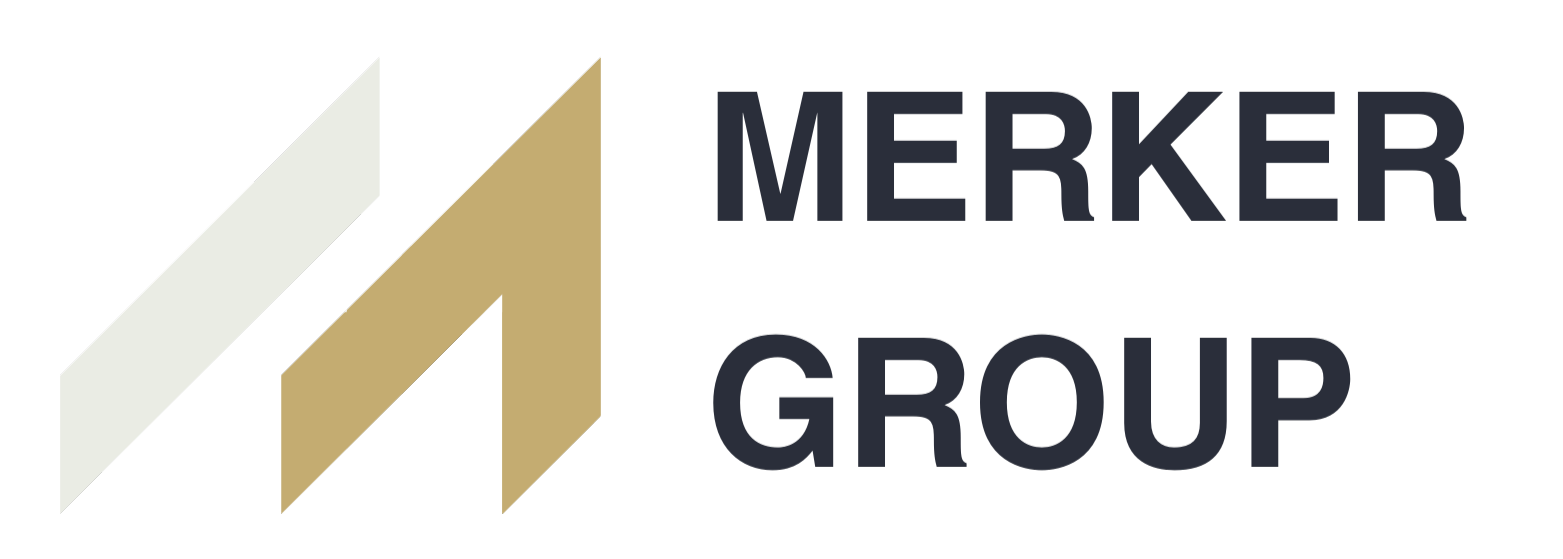As of January 2025, the European Union’s Regulation on Deforestation-Free Products (EUDR) has officially come into force, introducing one of the most comprehensive environmental trade laws in global history. Under this regulation, all companies importing key commodities including palm oil,soy, coffee, cocoa, rubber, and timber into the EU must prove that their supply chains are free from deforestation and forest degradation occurring after December 31, 2020. For palm oil and soy, two essential edible oils in global food and industrial systems, the implications are immediate and profound.
This article investigates the EUDR’s specific impact on the edible oil trade, with a focus on palm oil, market reactions in producing countries, and how companies like Merker Group are navigating the new regulatory landscape.
Regulatory Context: EUDR in Action
The EU Deforestation-Free Regulation (EUDR) was finalized in June 2023 and fully implemented by January 2025. It requires thatall relevant products entering or exiting the EU market:
· Be traceable to a specific plot ofland via geo-location data (e.g., GPS coordinates).
· Be proven to be deforestation-free post-December 2020.
· Comply with relevant country-of-origin laws, including land tenure, labor rights,and environmental protections.
Importers must submit due diligence statements to the EU’s Information System before products can be placed on the EU market.
This directly affects over 7% of all EU imports by value, with palm oil and soy among the most scrutinized due to their link todeforestation, particularly in Southeast Asia and Latin America.
Impact on Palm Oil Exports: Early Trends in 2025
According to Reuters (April 2025), Indonesia’s palm oil exports to the EU fell 14% year-on-year in Q1 2025, asignificant drop attributed largely to EUDR compliance pressures. Exporters unable to meet the traceability and certification requirements are losing access to the EU market.
Meanwhile, data from the Roundtable on Sustainable Palm Oil (RSPO) shows that RSPO-certifiedpalm oil demand surged 23% in Q2 2025, as European buyers seekrisk-free, compliant suppliers.
Malaysia, which has historically lagged behind Indonesia in production volume but leads in certification, has seen a 5% uptick in EU exports, reflecting a shift in trade flows favoring countries with compliant infrastructure and stronger traceability systems.
Rise of Traceability Technology
A 2025 McKinsey report finds that 41% of edibleoil exporters had adopted traceability technologies such as satellite monitoring, QR-coded GPS records, and blockchain verification systems by early 2025. These tools are crucial for compliance with the EUDR’s geo-location requirements.
Among the most widely adopted technologies:
· Blockchain-based supply chain tracking (e.g., IBM Food Trust, SAP GreenToken)
· Satellite deforestation monitoring systems (e.g., Global Forest Watch, Satelligence)
· Mobile GIS traceability forsmall holder mapping (used in Sumatra and Borneo pilotprograms)
These systems enable exporters and traders to build immutable audit trails showing that palm oil is produced without illegalor recent deforestation.
Merker Group’s Response: A Case Study in Compliance
The Merker Group, a diversified international trade company activein edible oils and agricultural commodities, has implemented a multi-tieredcompliance strategy to serve EU-bound clients post-EUDR:
1. Supplier Selection:
Merker contracts exclusively with producers who provide GPS-verifiable data down to plot level. Satellite-audited farms are preferred.
2. Certification Requirements:
All edible oil shipments must be RSPO or ISCC (International Sustainability and Carbon Certification)certified both globally recognized schemes aligned with EUDR’s principles.
3. Blockchain-Based Audit Trails:
Merker uses blockchain platforms to maintain secure, immutable records of sourcing, processing, and transport, enabling instant compliance verification for EU customs authorities and clients.
This proactive approach has not only ensured uninterrupted accessto the EU market but also positioned the company as a trusted sustainability partner for downstream buyers and brand owners concerned with ESG (Environmental, Social, Governance) compliance.
%20(1).jpg)
Market Outlook: Shifting Trade Routes, Rising Premiums
Despite the regulatory hurdles, Eurostat (May 2025) projects that the EU will still require over 6 million tonnes of palm oil annually, primarily for food processing, cosmetics, and biodiesel.
However, sourcing dynamics are expected to change:
· Smaller exporters may be priced out or excluded from the EU market due to the high cost of compliance.
· Certified suppliersare seeing price premiums of up to 12–18% per metric tonne for traceable, EUDR-compliant oil.
· Intra-Asia trade is expected to grow, with producers diverting non-compliant product toward India, China, and the Middle East.
In June 2025, the EU Commission launched its centralized EUDR digital platform, which allows importers and customs officials to cross-check geolocation and due diligence data. Early use reports indicate processing delays of up to 4 days for non-automated submissions, highlighting the need fordigital readiness among exporters.
Global Reactions and Trade Tensions
The regulation has also triggered diplomatic tensions. In February 2025, Indonesia and Malaysia jointly filed a complaint with the World Trade Organization (WTO), alleging that the EUDR constitutes a non-tariff barrier and discriminates against developing countries.
In response, the EU has pledged technical and financial supportfor smallholder farmers, including a €1.2 billion Sustainable Commodities Partnership Fund launched in April 2025 to help suppliers transition toward compliance.
Nonetheless, the cost of compliance remains high, particularly for fragmented supply chains. Analysts estimate that full EUDR compliance could add $25–40 per tonne to export costs, depending on the size of the operation and existing infrastructure.
Conclusion
The EUDR represents a paradigm shift in global trade, where environmental responsibility becomes a pre requisite for market access. Forthe edible oil industry, particularly palm oil and soy, the regulation isreshaping sourcing models, technological adoption, and trade flows.
Companies that act early such as Merker Group by investing intraceability, certification, and digital compliance tools, are not only safeguarding EU market access but are also building resilient, future-proof supply chains.

.svg)

.jpg)
.jpg)
.jpg)